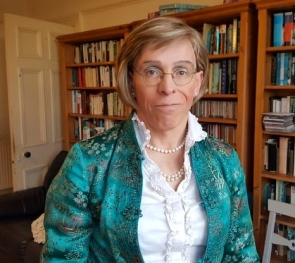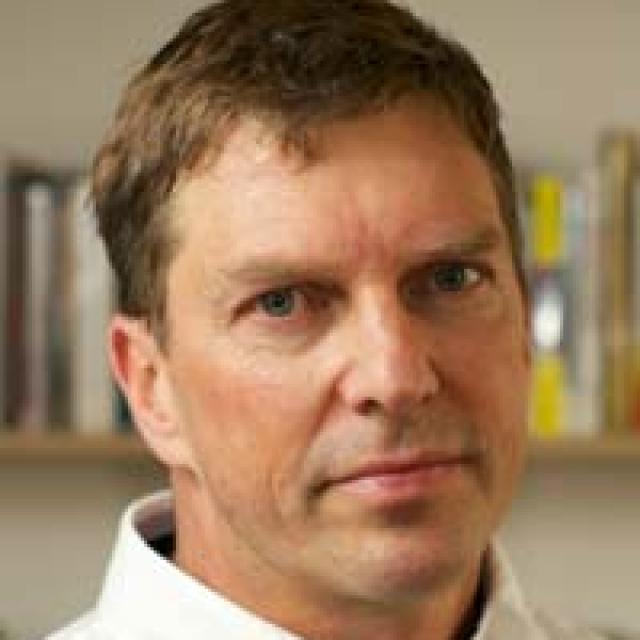Keynote Speakers

Tom Hurka (University of Toronto)
is Chancellor Henry N. R. Jackman Distinguished Professor of Philosophical Studies at the University of Toronto.
His main area of research and teaching is moral and political philosophy, especially normative ethical theory. He has written most about perfectionist moral theories, in his books Perfectionism and Virtue, Vice, and Value, as well as in numerous articles. He has also discussed the justification of punishment, population ethics, nationalism, friendship, and the morality of war.
He is also well known for his work on Bernard Suits, and wrote the introduction to The Grasshopper, Games, Life and Utopia (Broadview, 2014). Games and the Good, in the Proceedings of the Aristotelian Society for 2005 is one of the most cited paper in the philosophy of Sport and Games. In 2019 he will publish Sport, Games and Play, with Oxford University Press. This will include an unpublished sequel to Suits’ work: The Return of the Grasshopper.

Sophie-Grace Chappell (The Open University)
is Professor of Philosophy at The Open University.
Sophie Grace Chappell works in feminist philosophy, political philosophy, ancient philosophy, epistemology, philosophy of religion, metaethics, aesthetics, philosophy of literature, or on the philosophy of personal identity, as well as the pursuit of Sporting Glory.
Her main current research project is, as usual for her, in ethics. With the support of a three-year Leverhulme Trust Major Research Fellowship she is just beginning a new book, provisionally entitled Epiphanies: an ethics and metaethics of experience. At least part of this will be about the relation between theory and experience in ethics, and in particular about the transformative power of what James Joyce, Gaston Bachelard, Emmanuel Levinas, and others have called “epiphanies”—flashes of insight or revelation that change the way we see the world, the way we understand ourselves, and the way we respond to other people.
Sophie Grace Chappell likes cycling, skiing, ski-mountaineering, hillwalking, and climbing (but not falling off) [PDF, 66 KB]. She once skied 29 full descents of the Sunnyside in Glenshee in a day, and would have made it to 30 but for a grumpy lift-attendant and the fact that she didn't have her skins with her. She has also skied all three of Cairngorm, The Lecht, and Glenshee in a single day—when she did have her skins with her—and would like to try skiing all five Scottish centres in a day some time soon. She completed the Munro summits in 2004, and is now rounding up the last two dozen or so tops. She climbs, or has climbed, VS 5a (lead), E1 5b (second) in summer, and Scottish grade V (lead) and VII, 7 (second) in winter.

Julian Savulescu (University of Oxford)
is Uehiro Professor of Practical Ethics and Director of the Oxford Uehiro Centre for Practical Ethics; He is a Fellow of St Cross College, Oxford.
Savulescu is a philosopher who researches the ethics of various new or emerging technologies, including new methods of reproduction and enhancement of physical and cognitive performance through drugs or genetic manipulation. He is director of the Oxford Uehiro Centre for Practical Ethics, and is or has been a co-director on many large research projects, looking at topics from geoengineering to vaccines. In Sport Ethics, he has written extensively on Performance Enhancing drugs and biomedical enhancement more generally. It is safe to say that he is not the greatest fan there is of the World Anti-Doping Agency.
Mike McNamee (Swansea University)
is Professor of Applied Ethics at the University of Swansea. He has lectured for 30 years in the fields of education, medicine, sport, and engineering. He has a dual background in sports (BA, MA) and philosophy (MA, PhD) and has specialised in applied ethics in these fields over the last 20 years. His work ranges from theoretical scholarship to applied work, with organisations that care about the ethical aims and standards of their professional practice. He has assisted, consulted and/or researched for a large number of organisations including the European Commission, the FA, UCI, UNESCO, UK Anti Doping, UK Sport and WADA, where he serves on their Ethics Committee.
A former President of the International Association for the Philosophy of Sport, he is the founding Editor of the international research journal “Sport, Ethics and Philosophy” (2007), is author/Editor of 16 books and more than 100 published essays. His recent books include “Sport, Medicine, Ethics” (Routledge, 2014) and the state of the art “Handbook of the Philosophy of Sport” (Routledge, 2015).

Angela Schneider (Western University, Ontario)
was a track and field athlete in high school before attending the University of Western Ontario and taking up an interesting in rowing in 1979. She graduated in 1982 with a degree in kinesiology and philosophy and continued her education in pursuit of master’s degrees in both subjects, which she acquired in 1984 and 1986 respectively. Along the way she competed for Canada on the international stage, first by finishing fourth in the coxed eights at the 1983 World Championships. She then rowed at the 1984 Summer Olympics, where she won silver in the coxed fours. Switching back to the eights, she captured bronze at the 1986 Commonwealth Games.
Schneider retired from active competition in 1986 and pursued a Ph.D. in ethics and philosophy, which she earned in 1993. She immediately took up a position at the University of Western Ontario, where she became an Associate Professor in 1997, specializing in the philosophy of sport. In addition to research, she has also served as the Director of both the International Centre for Olympic Studies and of Ethics and Education for the World Anti-doping Agency.
She has research interests in Genetic Doping in Sport, Olympic Studies, Women and Sport and Embodiment, Philosophy of Sport and Sport Medicine Ethics. Amongst her publications are Doping in Sport: Global Ethical Issues (Routledge 2007) and the much cited “Fair Play as Respect for the Game” (JPS, 1998).